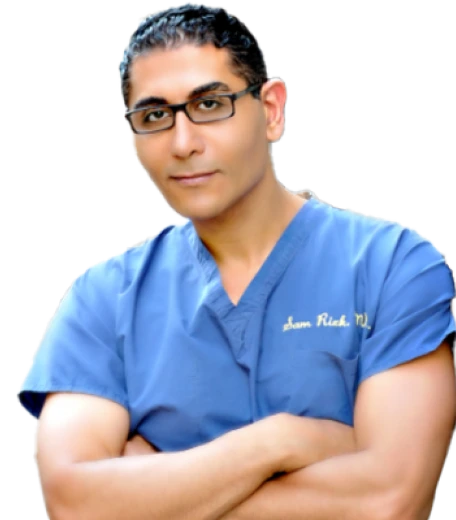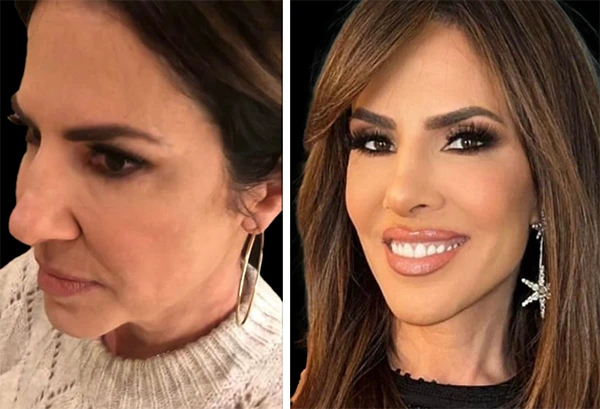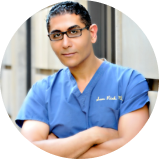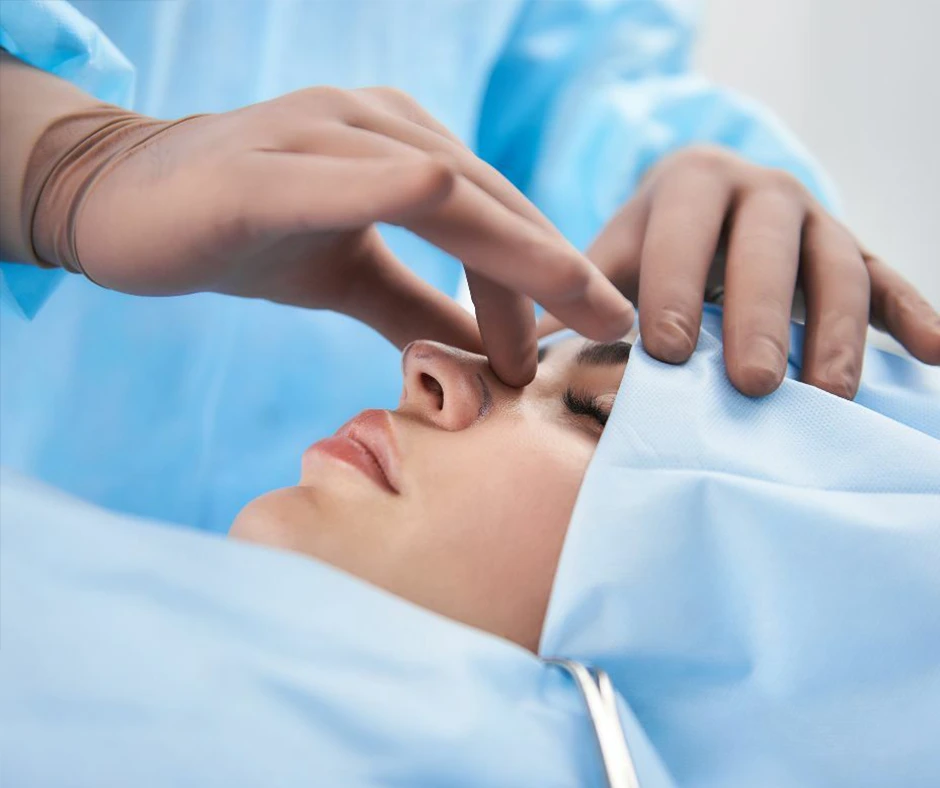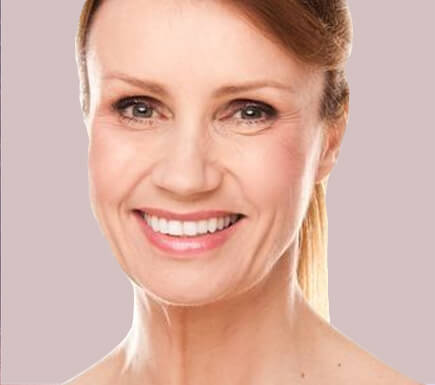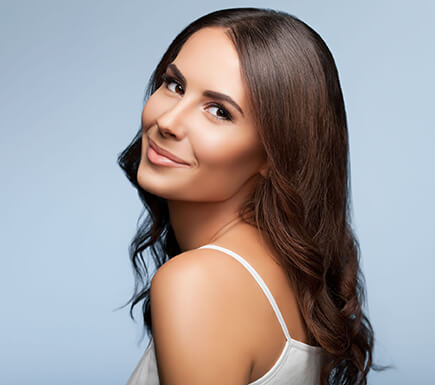Have you ever wondered, “Does rhinoplasty change your voice?” while researching your surgery? In most cases, the answer is no—though there are exceptions. The impact of nose surgery on your voice depends on various factors, including your nose anatomy, the extent of the surgical modifications, and the skill level of your surgeon. Notably, renowned New York facial plastic surgeon Dr. Sam Rizk has performed countless rhinoplasties for singers and actors, all without any noticeable voice changes.
Nasal Passages and Their Impact On Your Voice
The nasal passages play a key role in shaping the sound of your voice by acting as a resonating chamber. Narrow nasal passageways can create a more nasal tone due to restricted airflow, while wider passages allow for a less nasal, more open sound. Rhinoplasty can potentially alter this dynamic, especially if functional changes like correcting a deviated septum are involved. However, most aesthetic-focused surgeries have minimal impact.
Rhinoplasty and Voice: What Is The Link?
Rhinoplasty can influence your voice by altering the structure of the nasal passages, which play a key role in shaping resonance and airflow. The nasal cavity acts as an acoustic filter, so changes to its size or shape may affect how sound waves are amplified and projected. This can lead to subtle differences in vocal tone, particularly in the nasality or clarity of your voice.
The degree of change depends on the extent of the surgery and your individual anatomy. While most alterations are barely noticeable, in some cases, it could lead to unwanted, dramatic alterations in vocal tone. If you use your voice professionally, it’s important to consider that rhinoplasty may affect your vocal tone, sometimes subtly or more significantly.
However, voice changes from rhinoplasty aren’t always negative; for instance, if you have a very nasal voice, the surgery could help clear and improve your tone.
So, Does Rhinoplasty Change Your Voice?
Rhinoplasty is a highly personalized procedure designed to meet each patient’s specific needs. To understand how it may affect your voice and other factors, it’s essential to consult a qualified rhinoplasty specialist. Dr. Sam Rizk, a board-certified facial plastic surgeon with over 20 years of combined experience in rhinoplasty, is the expert you are looking for. Dr. Rizk conducts thorough evaluations to assess any potential impact on your voice, ensuring your concerns are addressed with precision and care.
Rhinoplasty and Vocal Chords: Singers and Voice Professionals
For singers and voice professionals, even slight changes to vocal tone or resonance can be significant. Dr. Sam Rizk specializes in rhinoplasty for performers, ensuring procedures are carefully tailored to preserve vocal integrity while achieving aesthetic goals.
Voice Changes After Rhinoplasty in Ethnic Patients
Ethnicity and regional factors may influence voice changes after rhinoplasty. A 2014 study in Iran, involving 27 Farsi speakers, found that 22 experienced changes in their voice, particularly becoming more nasal. In contrast, North American doctors report that voice change complaints from their rhinoplasty patients are rare. This raises the question: could regional or ethnic differences be at play? Experts suggest that the way the voice is utilized varies between languages. For instance, some Middle Eastern languages, like Farsi, rely more heavily on the nasal cavity to produce certain sounds, potentially making voice changes more noticeable in these populations.
Temporary and Permanent Voice Changes After NY Nose Surgery
Rhinoplasty can lead to temporary or permanent voice changes. While most are subtle, understanding these distinctions can help manage expectations, especially for those using their voice professionally.
Temporary Changes
Swelling and healing after rhinoplasty can temporarily impact nasal airflow, causing changes in resonance or tone. These effects typically subside within weeks to months as the swelling decreases and the nasal passages stabilize.
Permanent Changes
Permanent changes are rare but can occur if significant structural modifications affect airflow or resonance. These changes are usually subtle and depend on individual anatomy and the extent of surgical adjustments.
What To Do If Your Voice Doesn’t Return to Normal?
If your voice doesn’t return to normal after rhinoplasty, consult your surgeon to identify potential causes. Persistent changes may result from lingering swelling, scar tissue, or structural adjustments affecting airflow and resonance.
Dr. Rizk may recommend a follow-up examination, imaging, or collaboration with an ENT specialist or speech therapist to assess vocal function. In some cases, additional treatment, such as revision surgery or therapy, may help restore your voice. Acting early ensures the best chances of addressing the issue effectively.
Thinking of Nose Surgery in New York? Why Choose Dr. Rizk
Dr. Sam Rizk, a double board-certified facial plastic surgeon, is internationally recognized for his artistry and precision in rhinoplasty. With over a decade of experience, he combines advanced techniques with a highly individualized approach, ensuring natural and harmonious results. For example, instead of using an endotracheal tube in the voice box, he uses an LMA tube outside the voice box so that he doesn’t touch the vocal cords. Dr. Rizk uses advanced 3D equipment and complex surgical techniques for increased precision and less downtime. Dr. Rizk’s expertise extends to preserving vocal integrity, making him a top choice for singers, actors, and voice professionals. His dedication to both aesthetics and function sets him apart as a leader in the field. Schedule an appointment with his Manhattan office team today!

